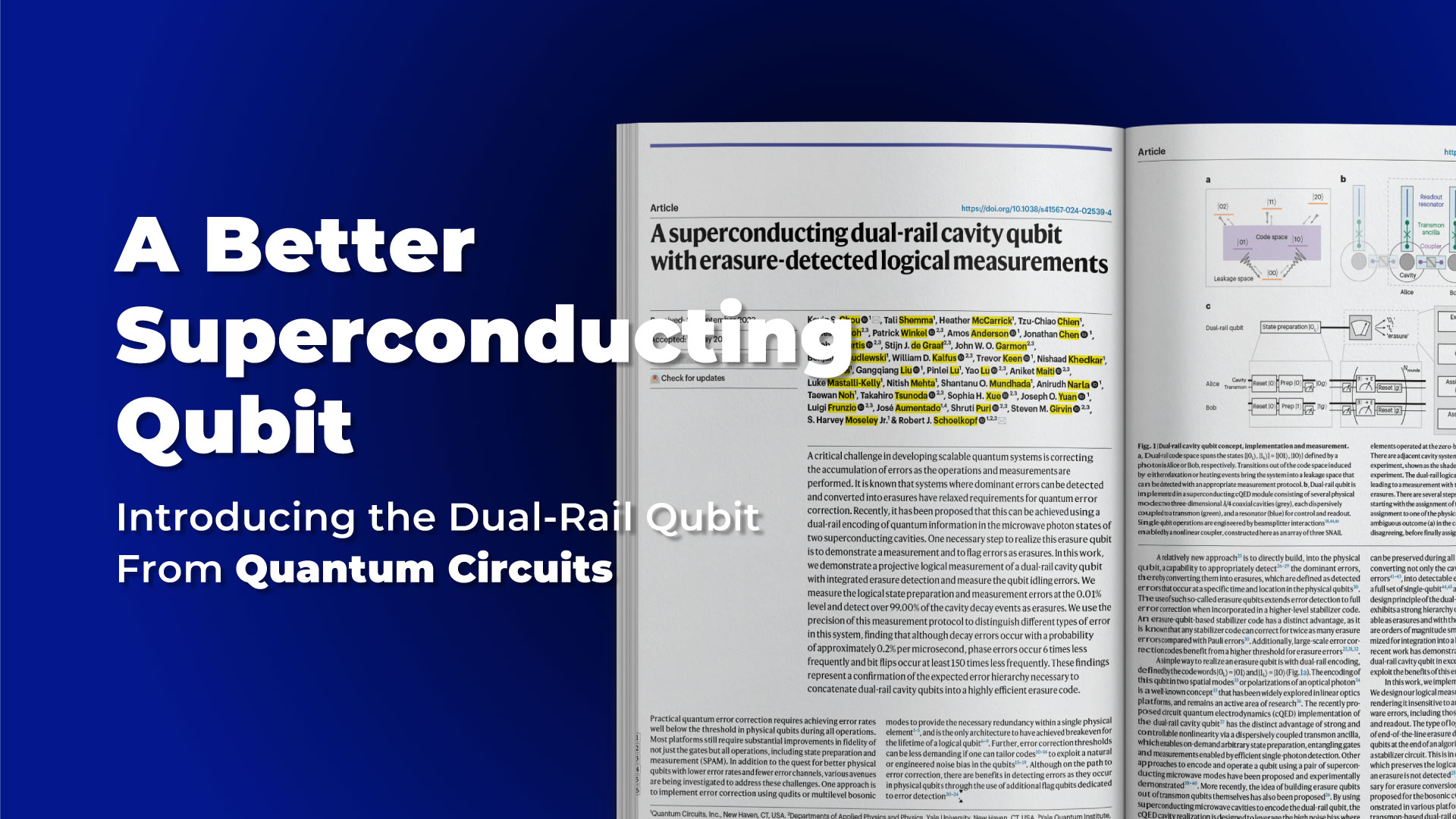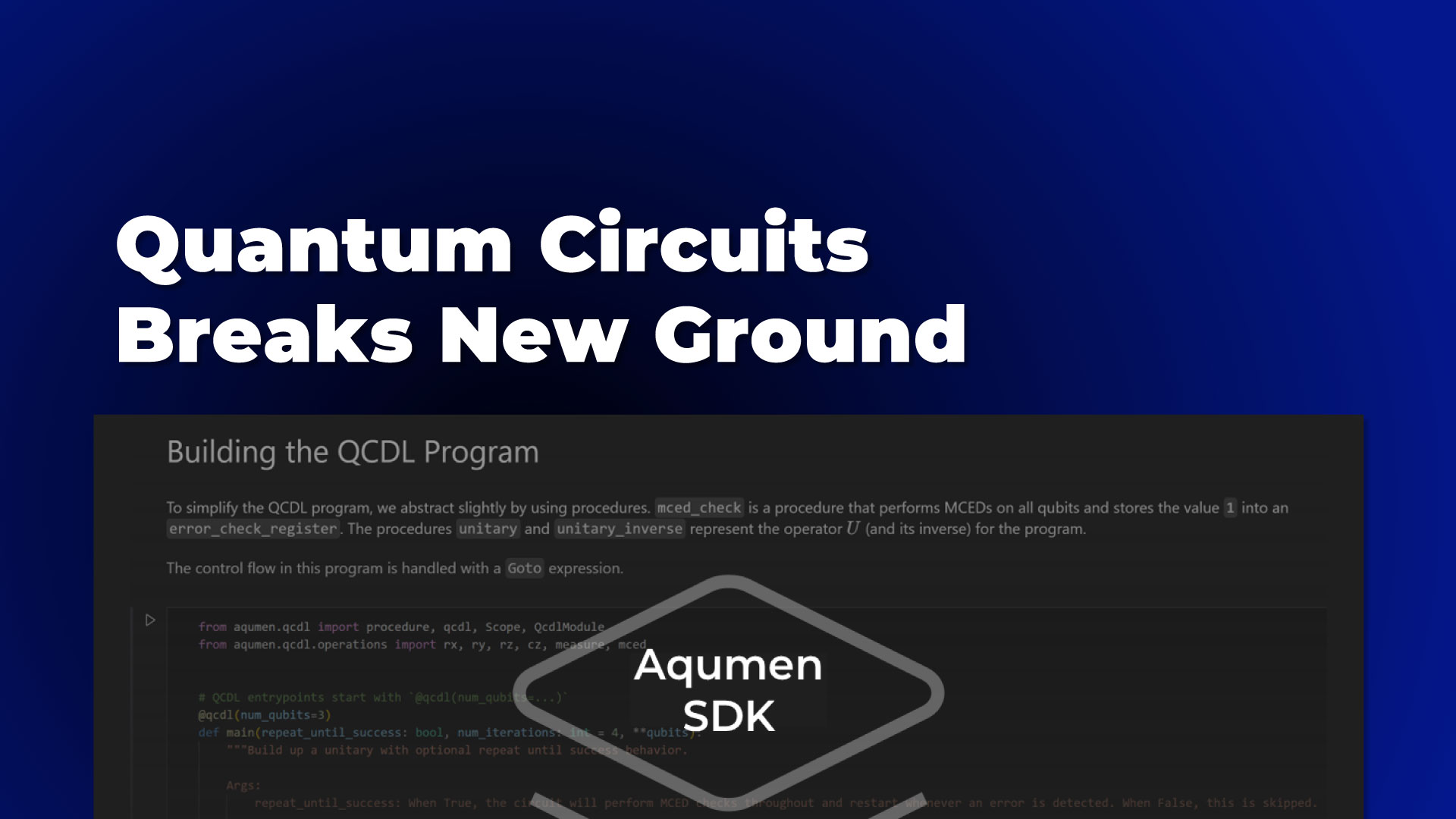TECHNOLOGY
Detect. Correct. Scale.
Introducing quantum computing’s first Dual-Rail Qubit with built-in error detection.
We Take a More Pragmatic Approach: We Correct First, Then Scale
In quantum computing, two ideologies drive innovation of qubit efficiency: Scale First, Then Correct and Correct First, Then Scale. We are proving that correcting first, then scaling quantum performance works much better. It’s more pragmatic. It leapfrogs the focus on conventional brute-forced qubit volumes, accelerating the path to commercially viable, fault-tolerant quantum computing.
 Scale First, Then Correct
Scale First, Then Correct
Lots of noisy qubits
Conventional NISQ approach
Error mitigation has scaling challenges
Brute-forced, inefficient qubit volumes
Quantum error correction is a heavy lift
VS.
Qubits
Features
Scale
Efficiency
Correction
Correct First, Then Scale
Qubits designed to efficiently detect and correct errors at scale
Feature-rich error-aware quantum programming
Validated path to scalable quantum systems
Hardware efficiency with Dual-rail approach
Simplified quantum error correction
Dual-Rail Qubit – Powerful Qubits Architected for Scale
Quantum Circuits is a full-stack quantum computing provider using Dual‑Rail Qubits (DRQ) technology. Our systems leverage superconducting circuits for fast and reliable algorithm execution.
At the core is the Quantum Processing Unit (QPU), based on DRQ technology, which uses pairs of superconducting cavities to encode quantum bits with microwave frequency photons.
This architecture supports Quantum Error Detection (QED), enhancing performance by actively detecting and processing quantum errors. It opens up new algorithmic possibilities and provides an efficient path to scalable quantum error correction.
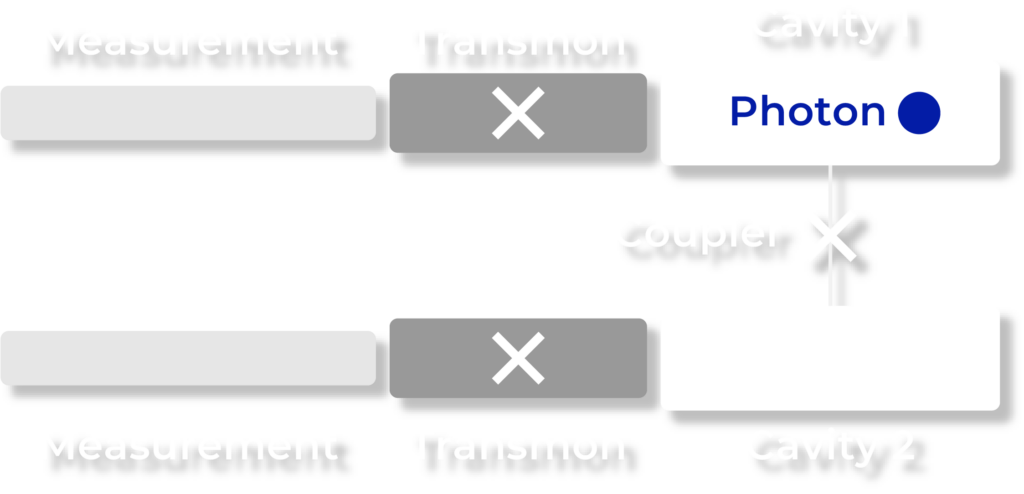
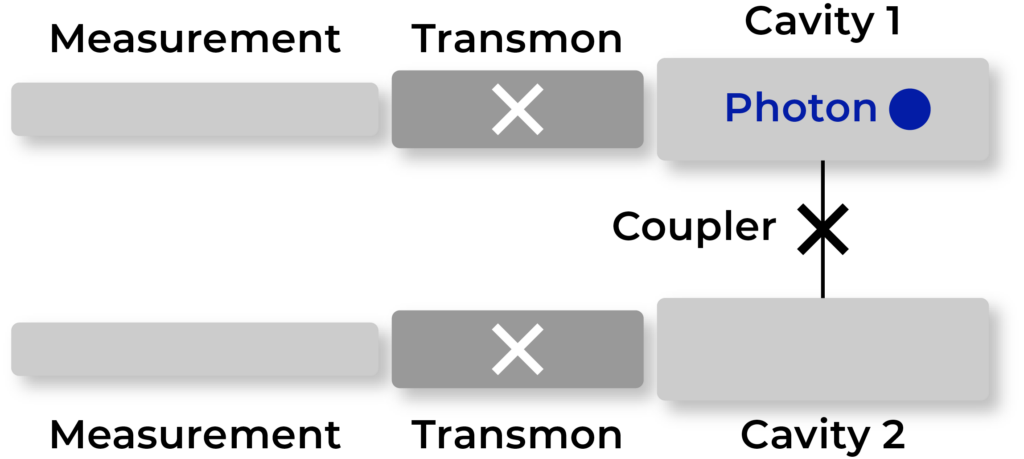
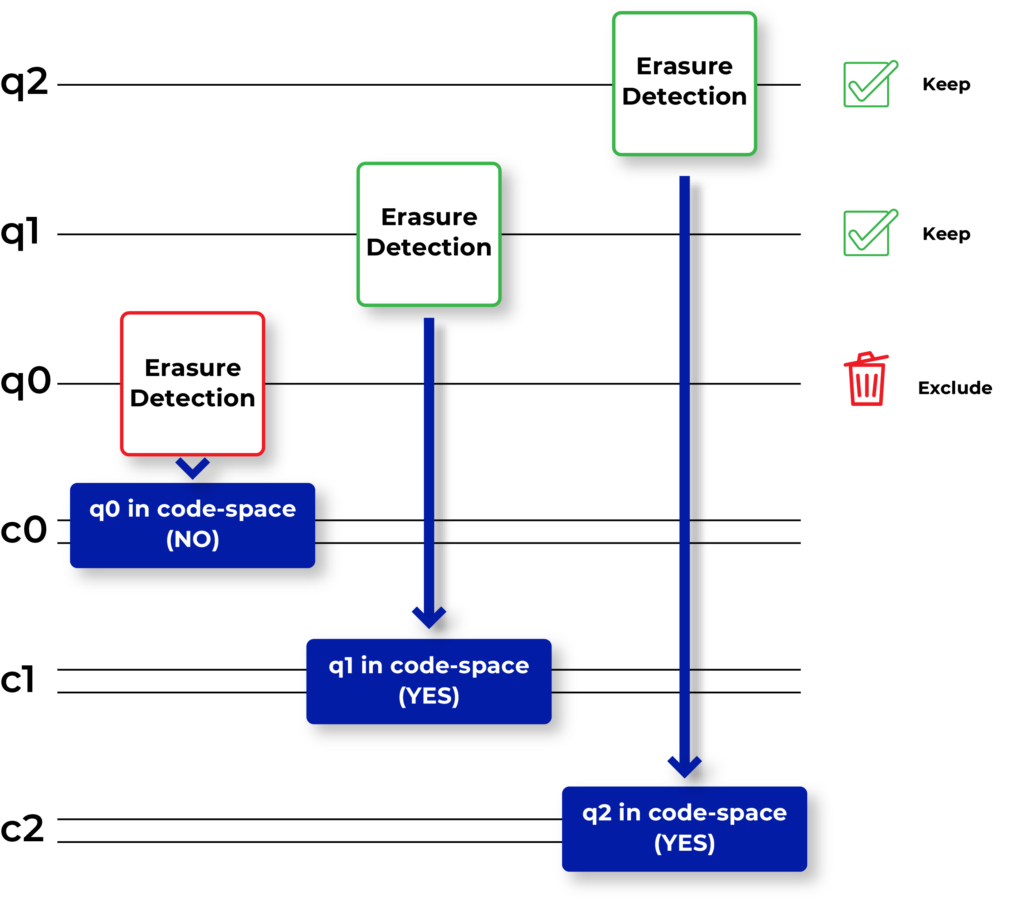
Quantum Error Detection (QED)
Quantum Error Detection (QED) increases application performance by boosting fidelities over the native properties of quantum hardware. Cavities have a known, dominant quantum error channel, called single photon loss, leading to erasures, or errors on known qubits. These are less damaging errors a quantum system can experience. DRQs enable detection of erasure events with high fidelity. The record of their occurrence can be discarded from the output data record through a post-selection process, making QED hardware native to the DRQ architecture.
Benefits
Superconducting cavities have several advantages, which reduce the resources necessary for error correction, fault tolerance and quantum advantage.
- High coherence times
- Very favorable error profile with cavities
- Errors convert to erasures in known, high-fidelity ways
Real-Time Control Flow
Real-Time Control Flow (RTCF) allows users to execute advanced classical operations in parallel with quantum systems – from basic branching on measurement results and arithmetic to run-time looping and dynamic gates. Such classical-quantum co-processing enables new types of algorithms and streamlines quantum error correction resource requirements. It also tightens the coupling between classical and quantum calculations. Leveraging RTCF enables efficient and fast application execution. This is crucial for variational algorithms that require large volumes of data, thereby cutting cost and increasing throughput.
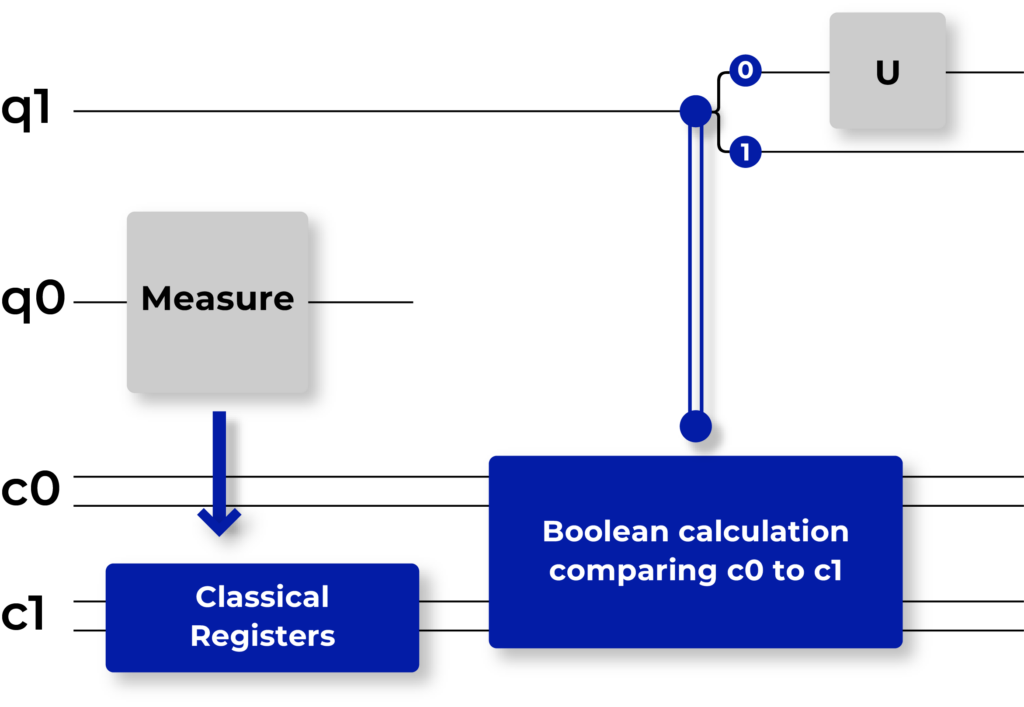
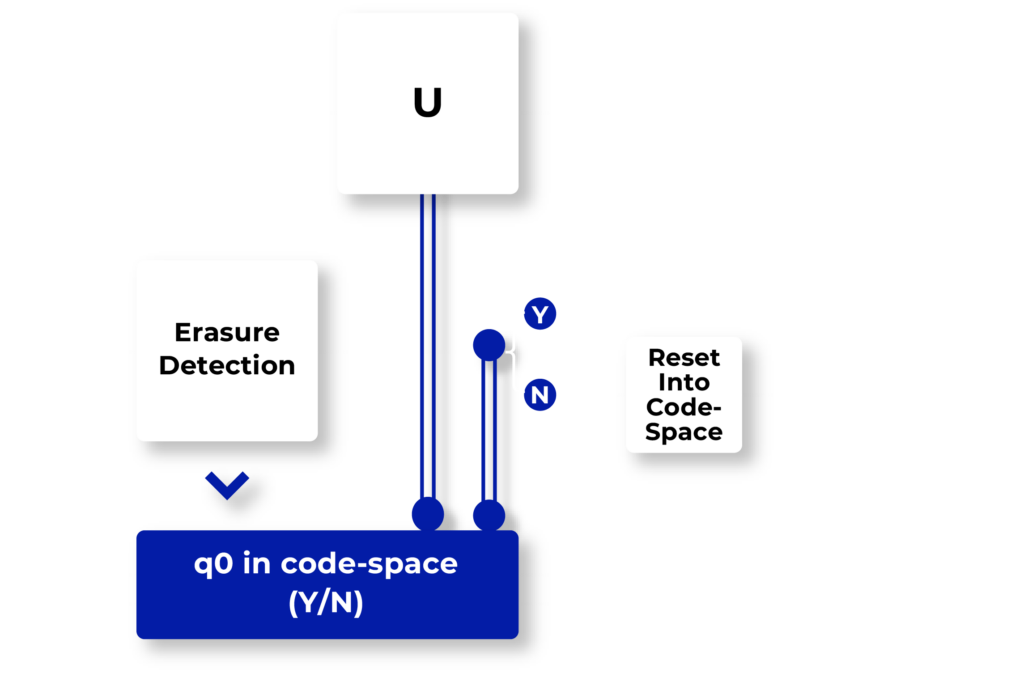
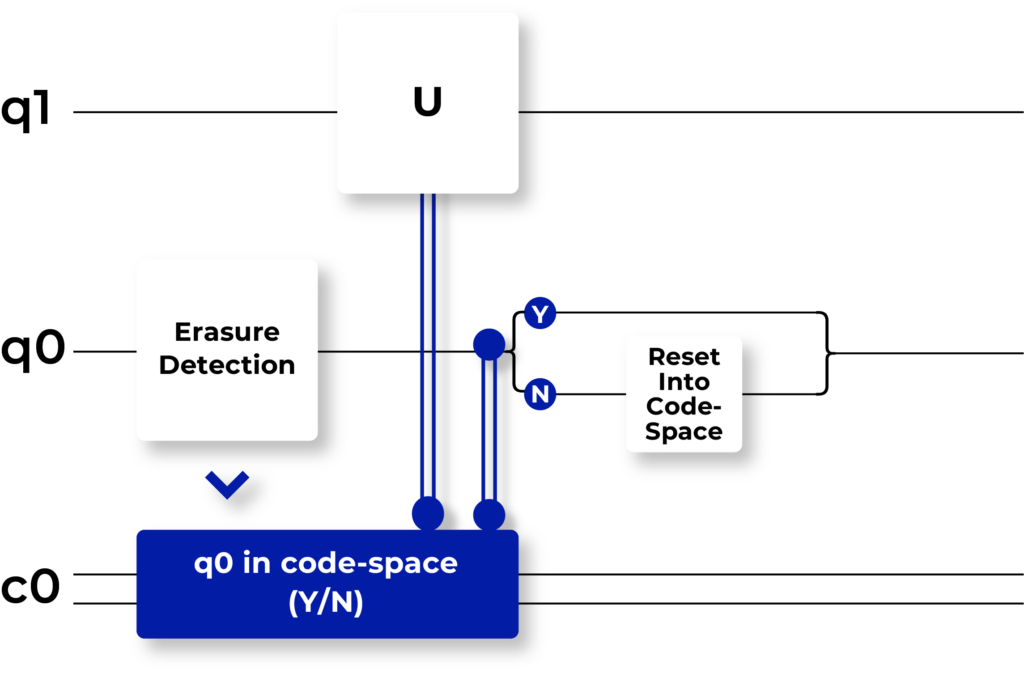
Error Detection Handling (EDH)
Error Detection Handling (EDH) is unique to the quantum industry. It allows users to explore a previously inaccessible class of algorithms. Users manage QED themselves. Features include:
- Custom placement of error detection meters in an algorithm
- RTCF to branch on error results in addition to the typical binary qubit measurement outcomes
- Tailoring post-selection analysis routines to access error data in fundamentally new and flexible ways
These unique capabilities enable users to explore algorithms that use error information as an asset and offer real-time control in their quantum workflow design.
Contact Us
The path to fault-tolerant, commercial-ready quantum computing starts now. Explore with us. Learn more about our technology, products, or customer partnership program. We look forward to meeting you.


